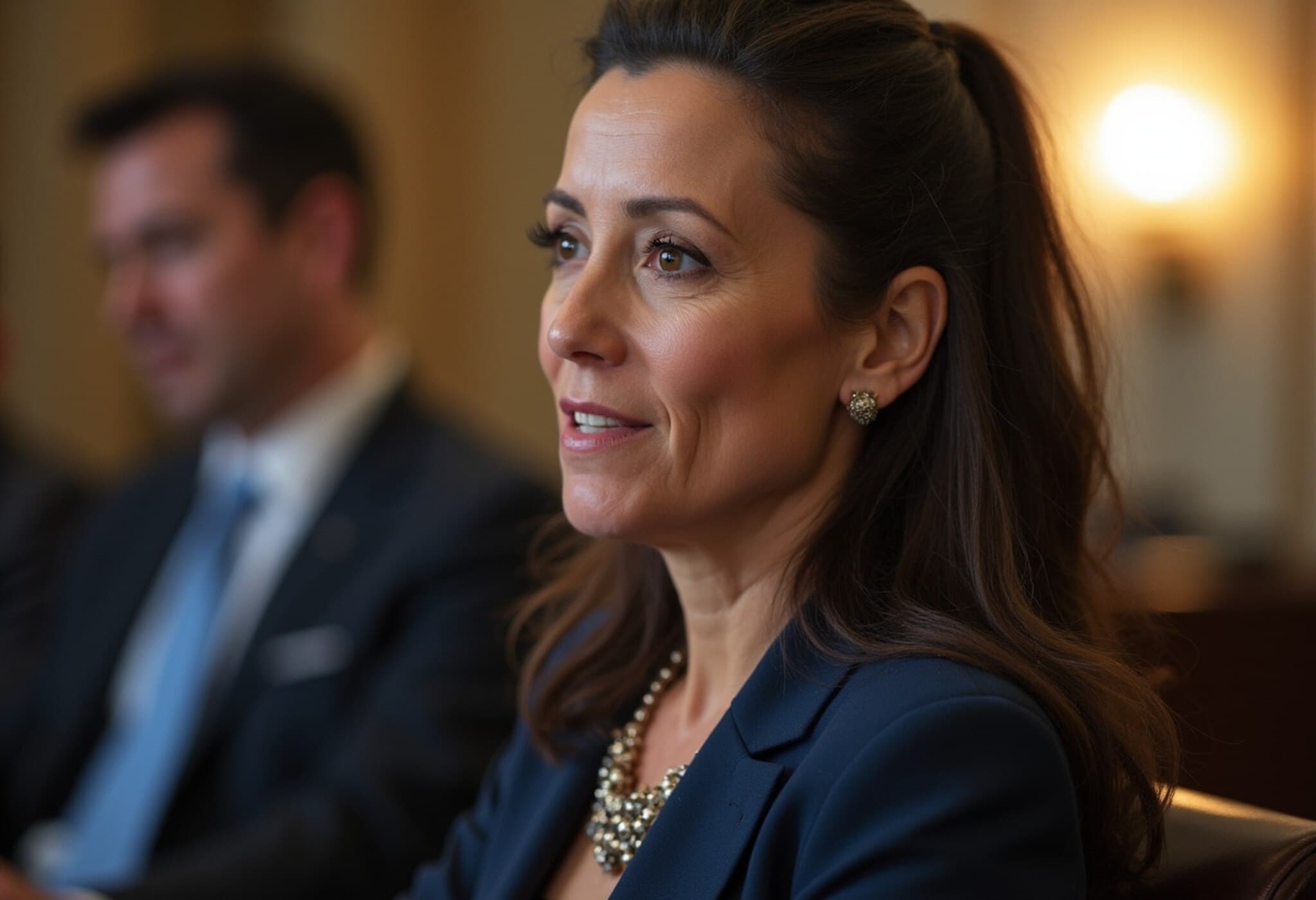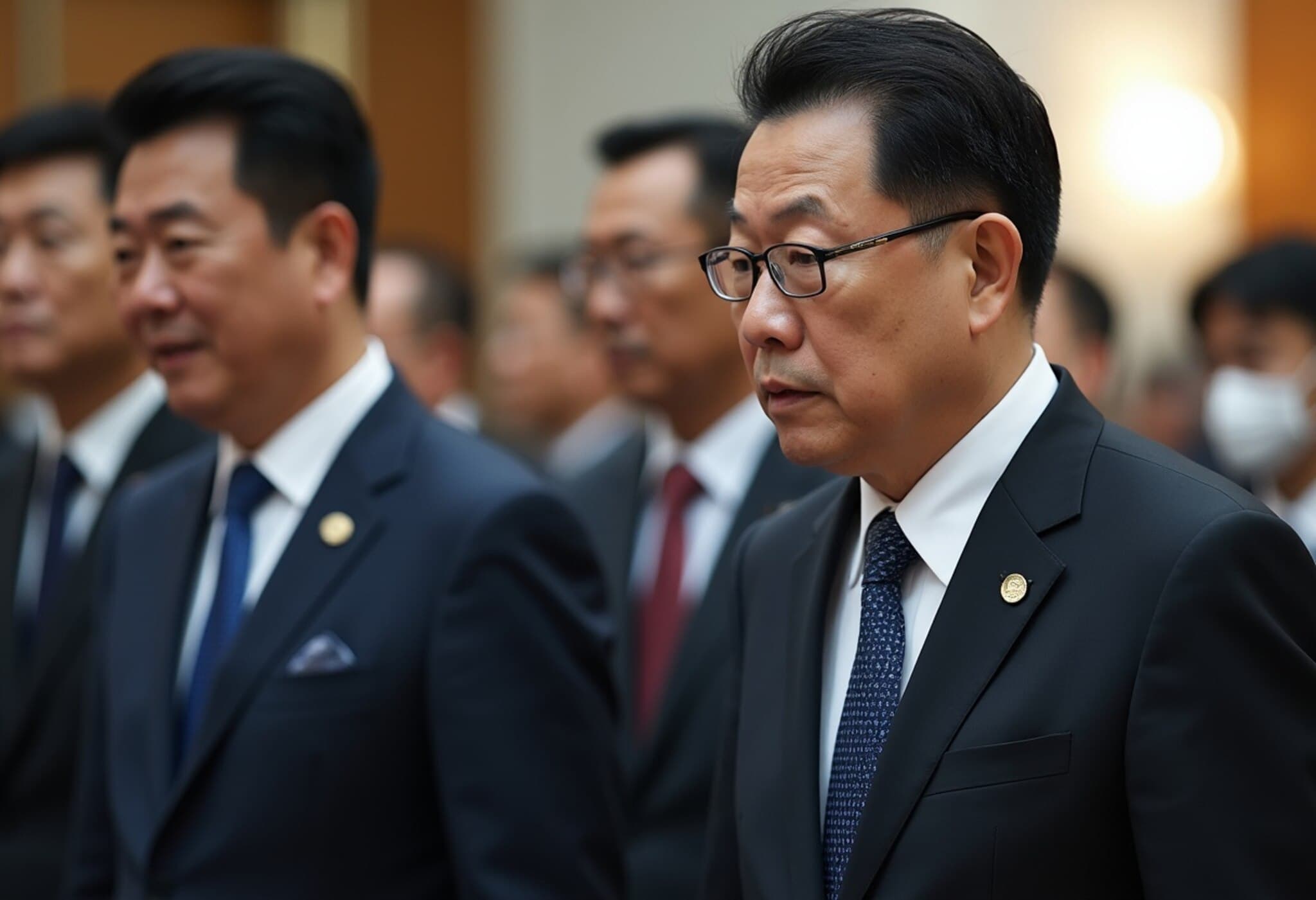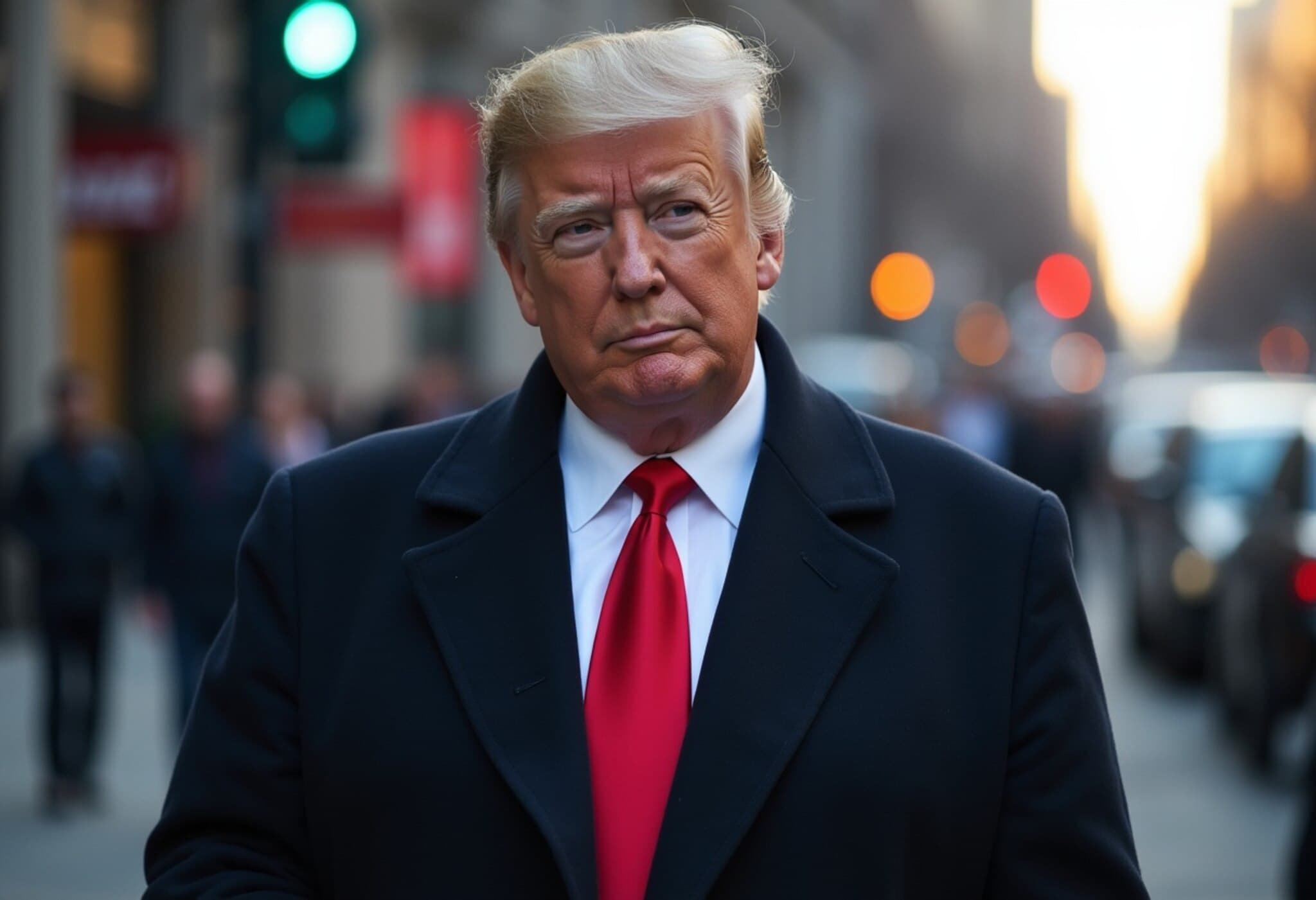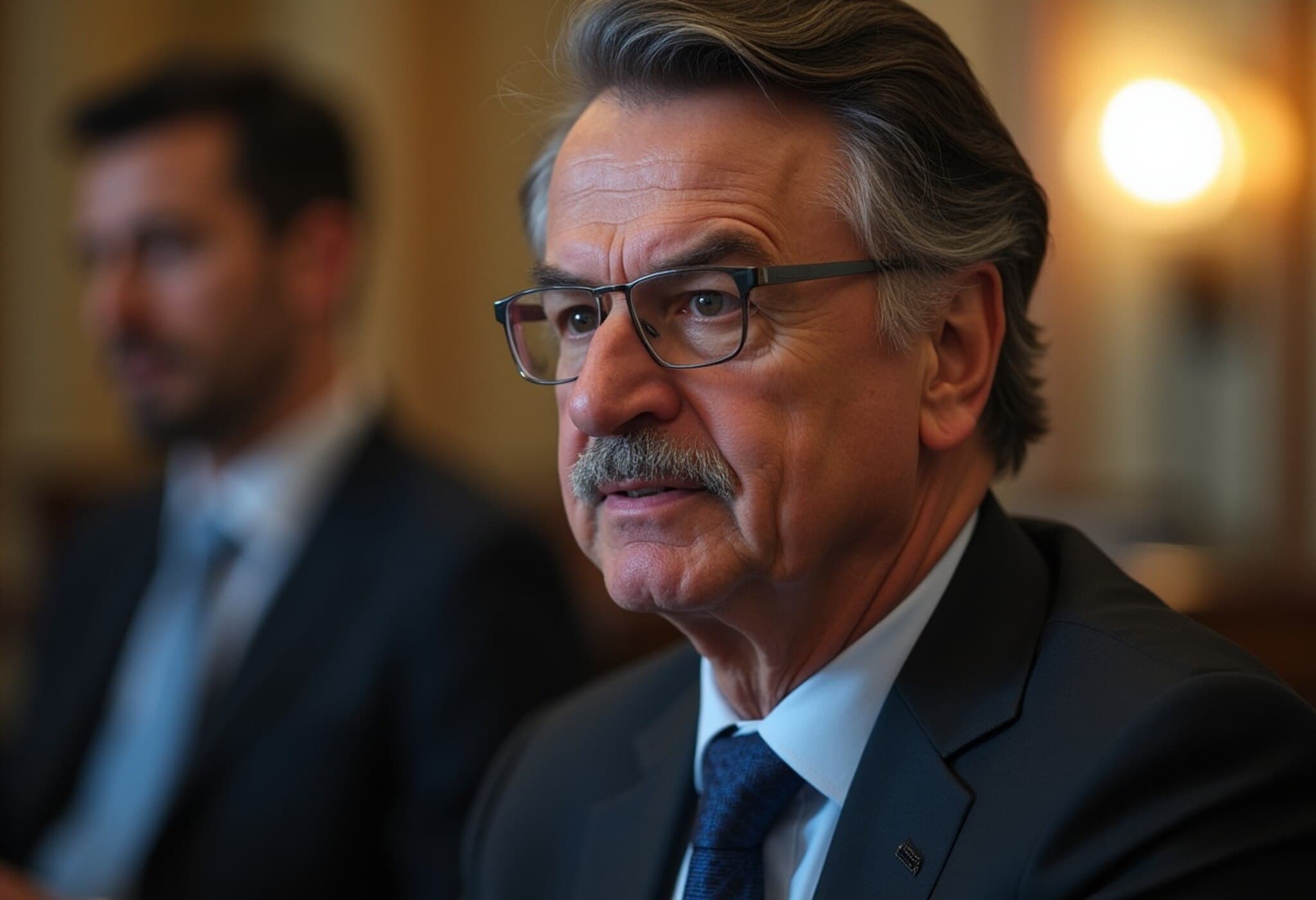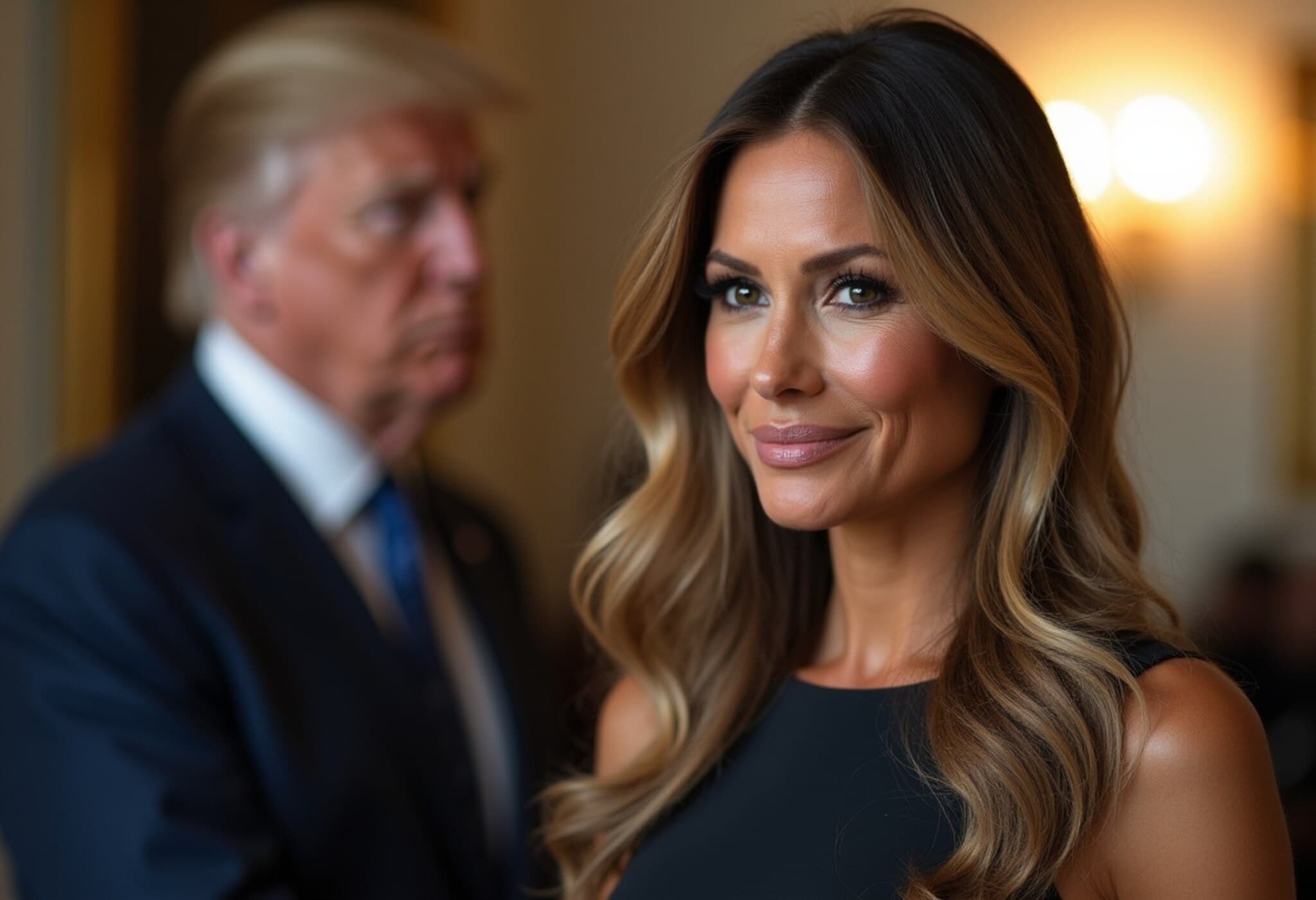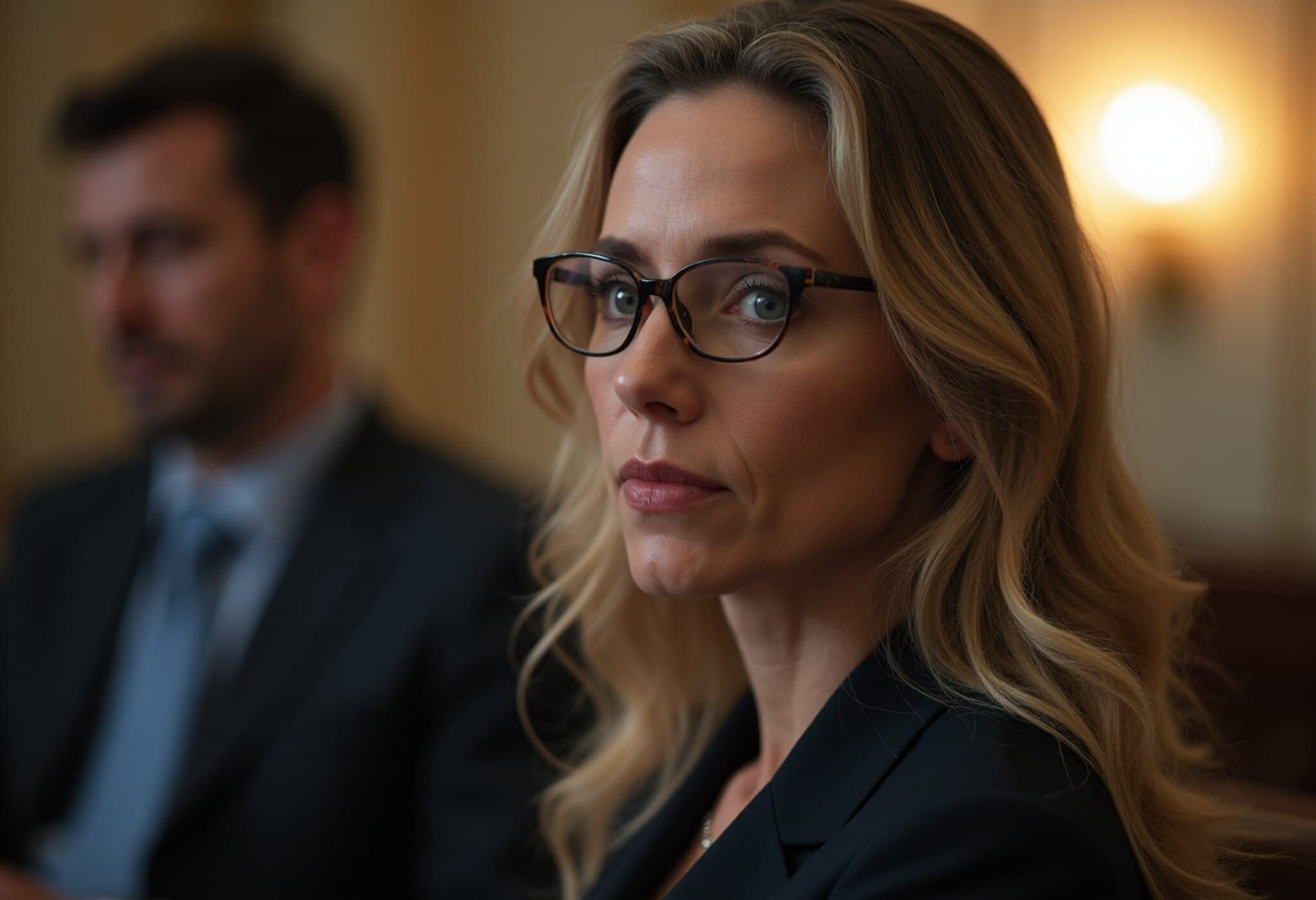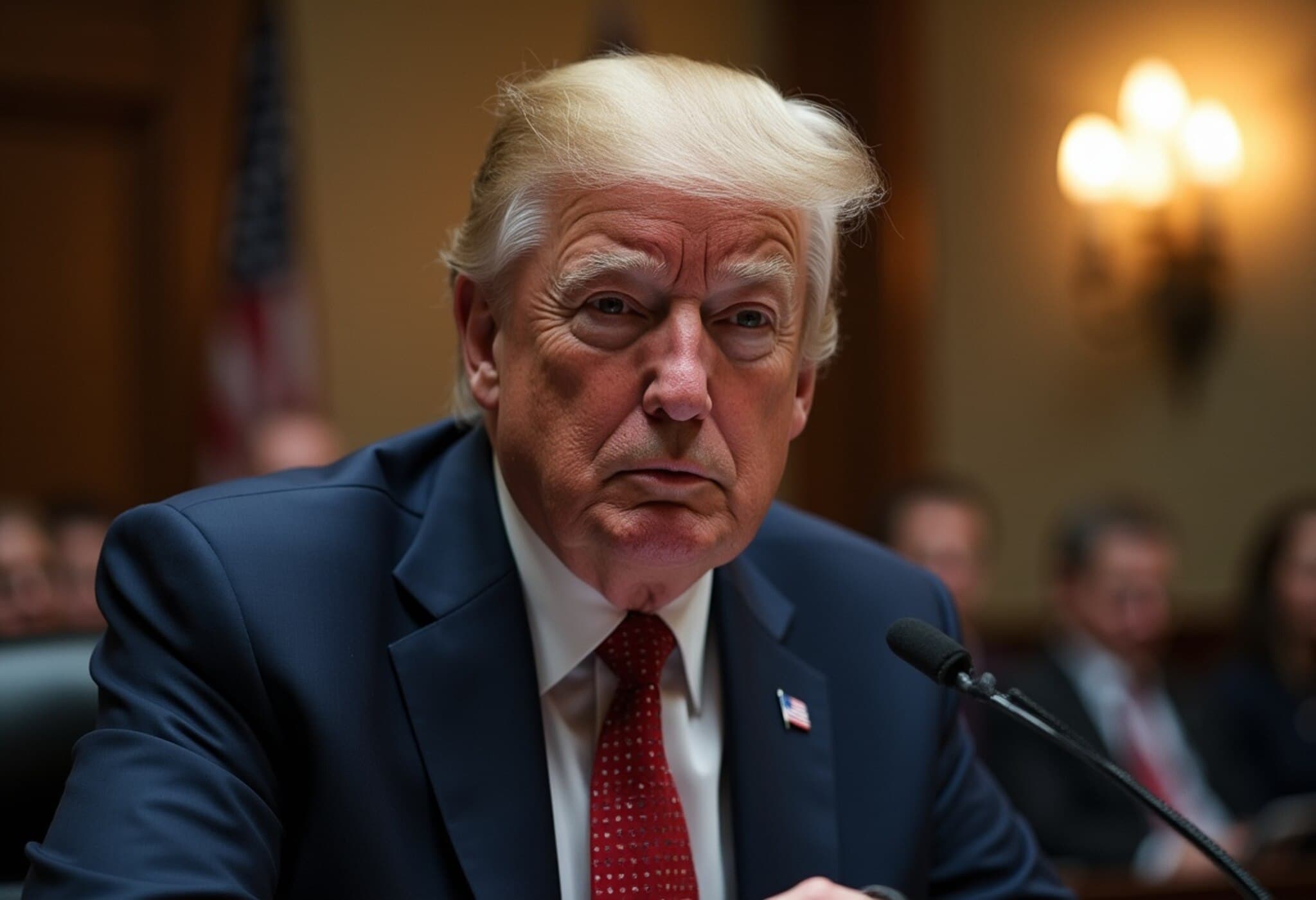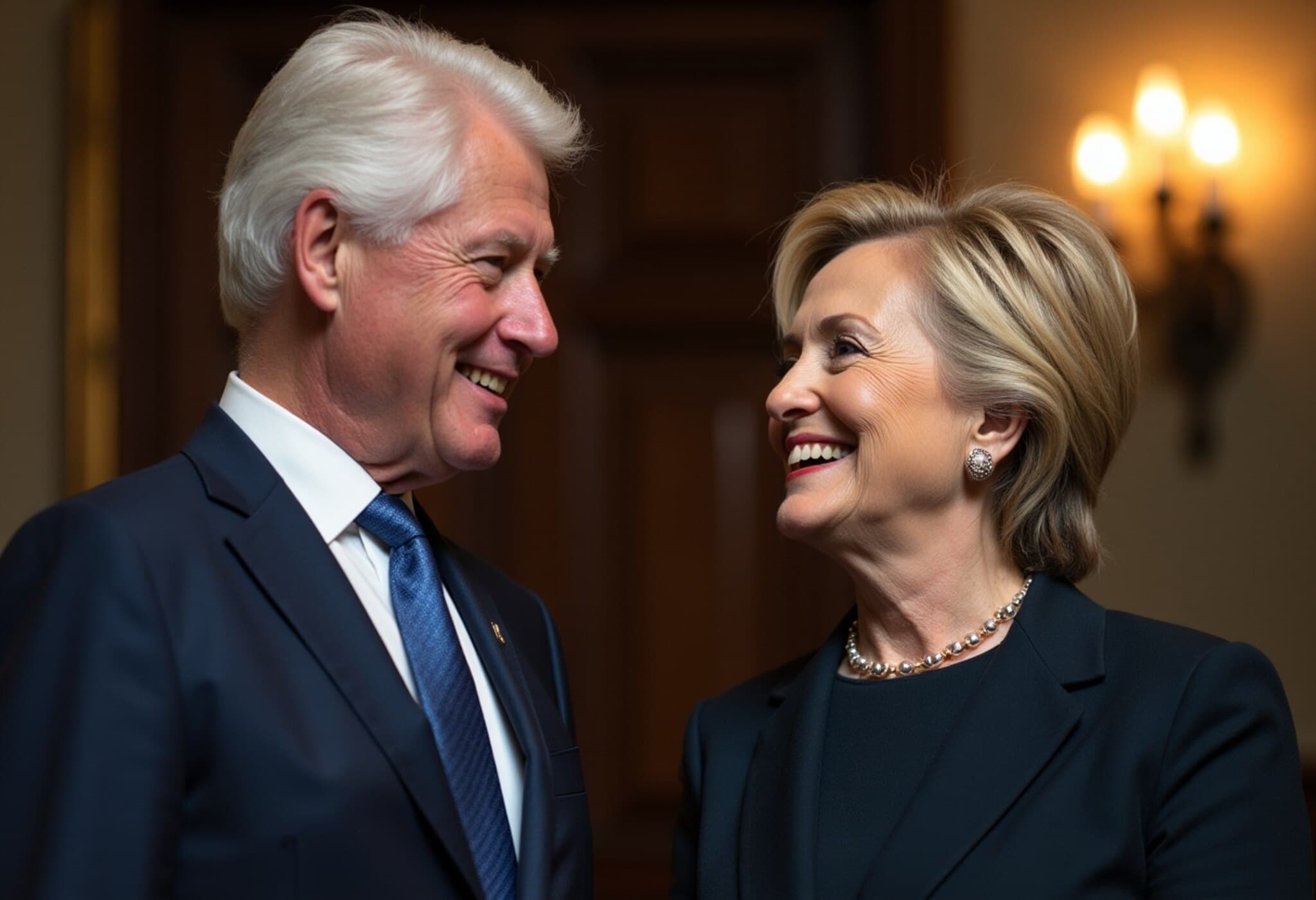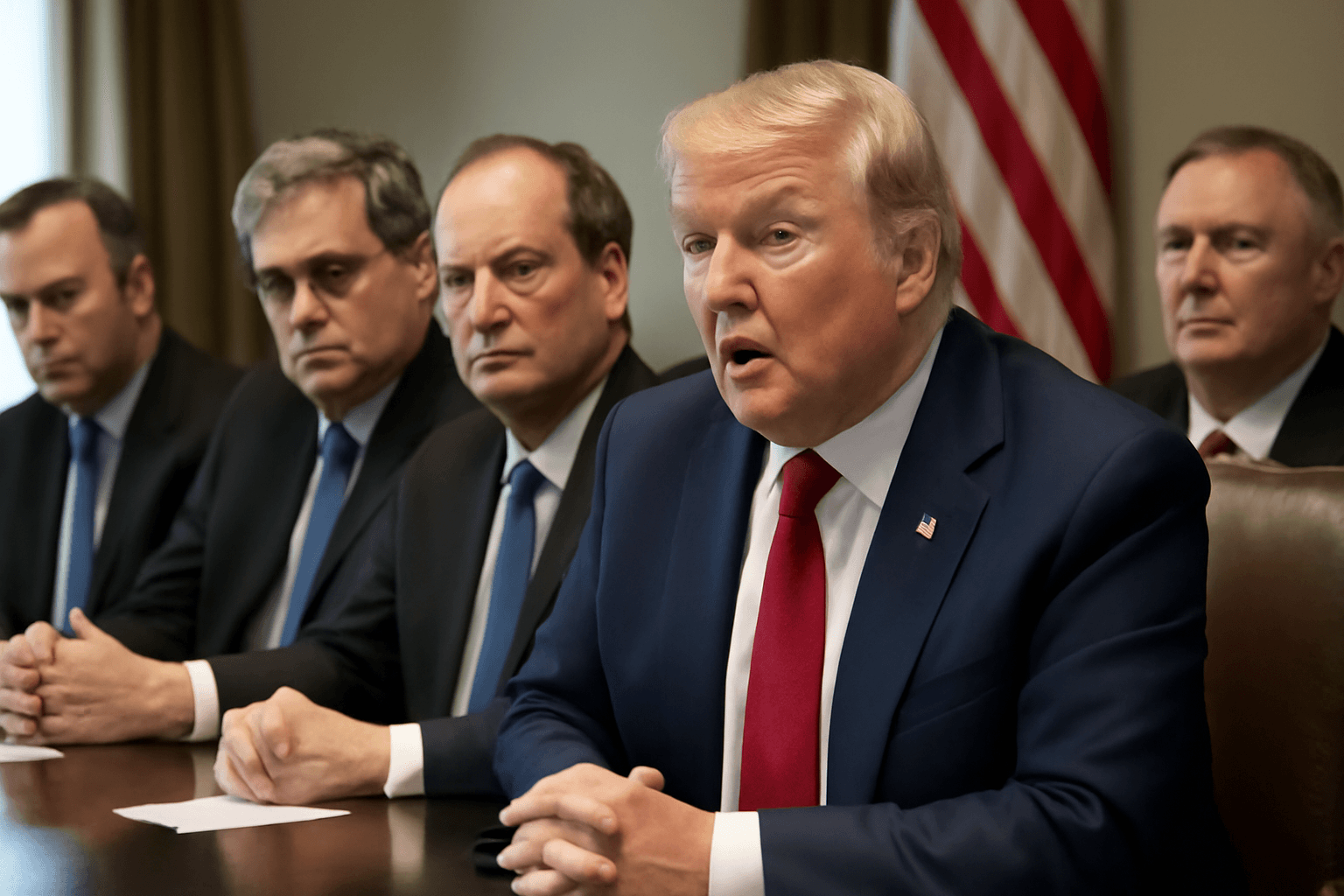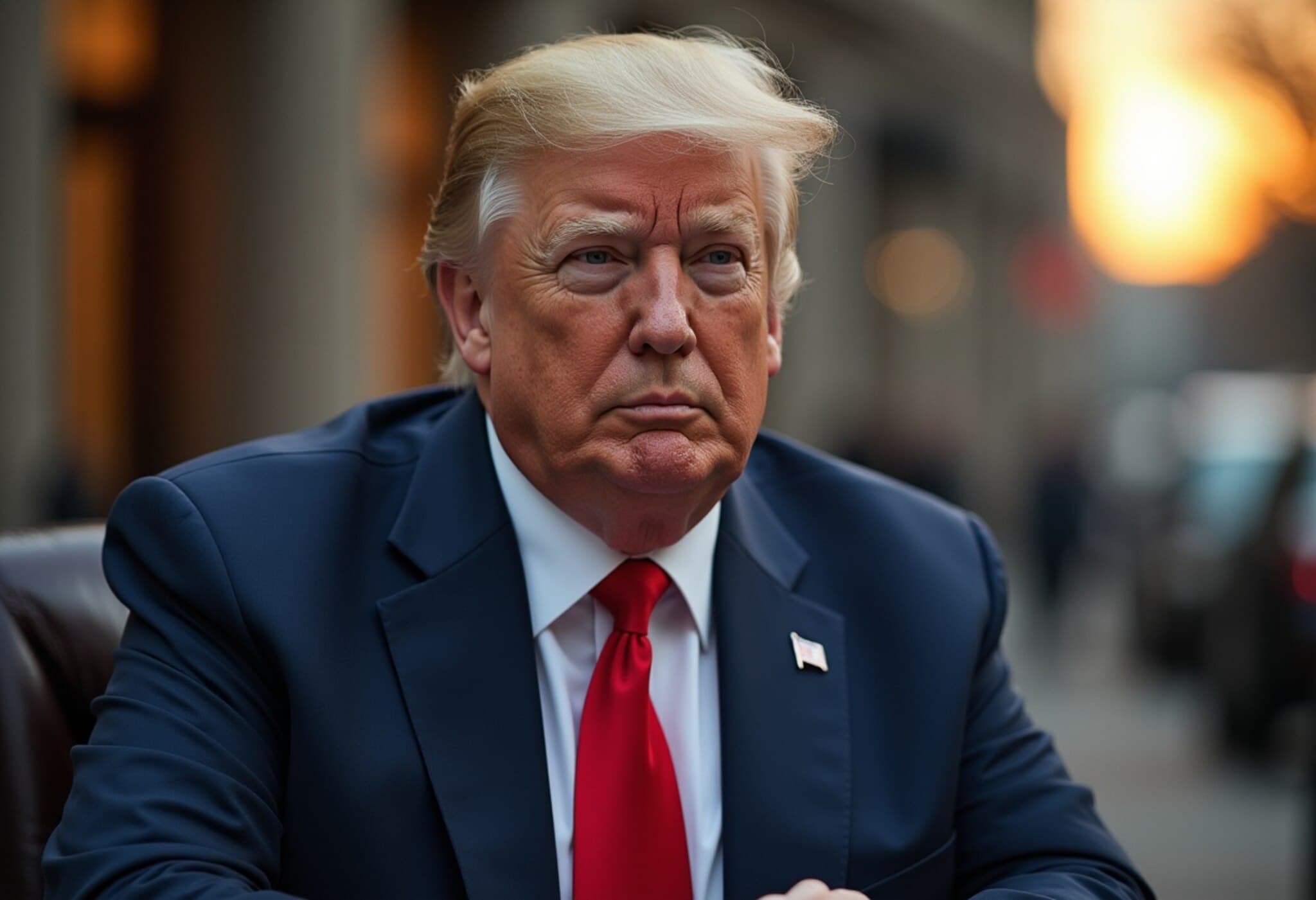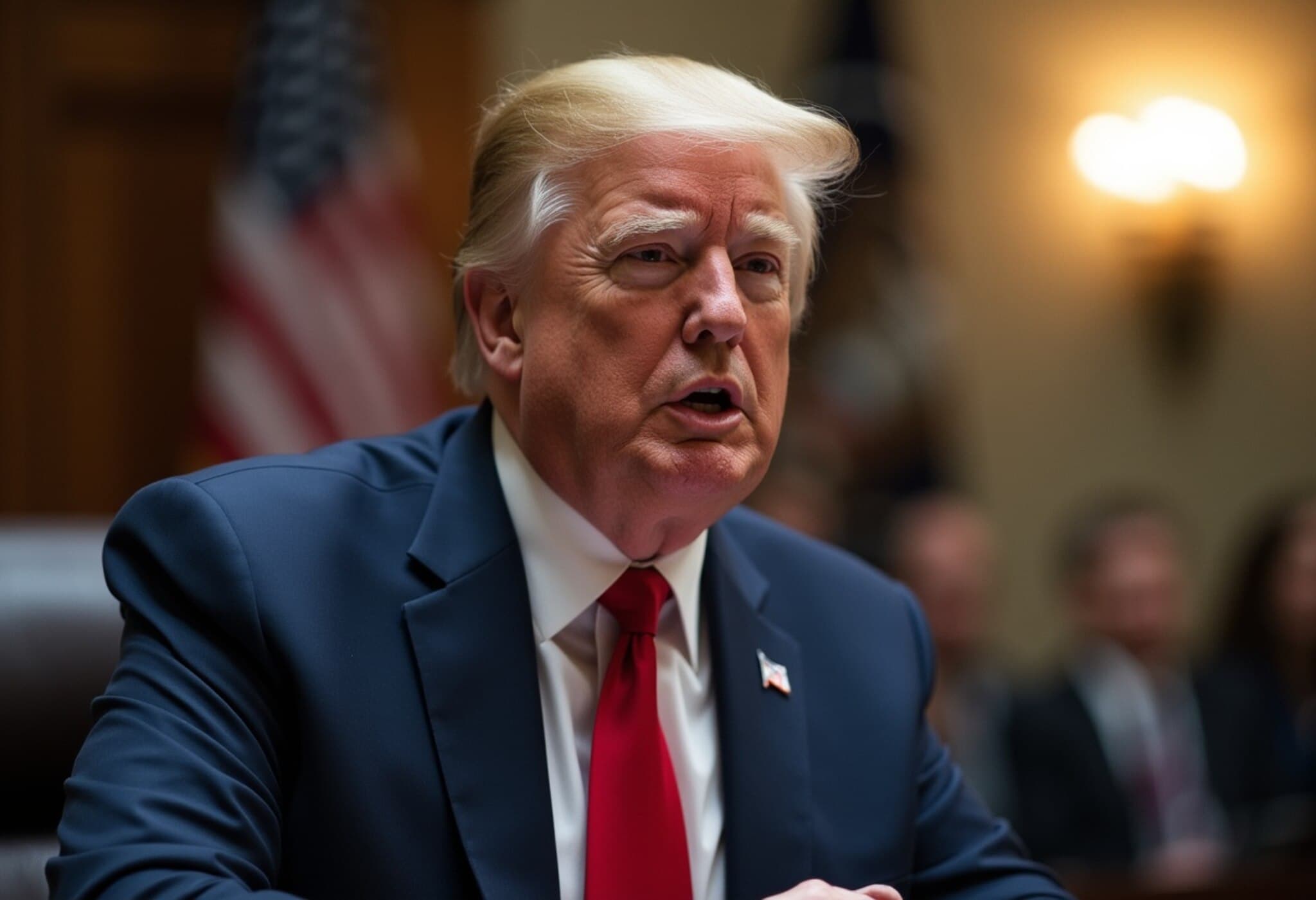DOJ Clarifies Status of Ghislaine Maxwell Grand Jury Materials
The U.S. Department of Justice (DOJ) recently addressed ongoing public curiosity regarding the grand jury proceedings that led to the indictment of Ghislaine Maxwell, the convicted sex trafficker. In an official court filing on August 5, 2025, the DOJ emphasized that the majority of evidence and testimony presented in the 2020 grand jury—except the identifying details of certain victims and witnesses—has already been made public through Maxwell's high-profile 2021 trial and various victim statements.
Context Behind the Disclosure
Maxwell is currently serving a 20-year prison sentence after a jury found her guilty for her role in the sex trafficking network run by Jeffrey Epstein, the disgraced financier who died in jail in 2019 under suspicious circumstances while awaiting trial. Epstein’s connections to some of the world’s wealthiest and most powerful individuals have fueled rumors and conspiracy theories, further intensifying public demand for transparency.
President Trump’s Role in Seeking Transparency
Adding a political dimension to the case, former President Donald Trump has instructed Attorney General Pam Bondi to pursue the release of secret grand jury records related to both Maxwell and Epstein. This move comes as Trump faces pressure from within his party and some Democratic lawmakers to reveal all files related to the Epstein scandal.
While Trump has vowed to release these documents if re-elected, the DOJ has clarified that many materials are already public, and that no so-called “client list” associated with Epstein exists—disappointing many who hoped for more explosive revelations.
Recent Developments and Legal Proceedings
- Deputy Attorney General Todd Blanche met with Maxwell last month to determine if she possesses information on other potentially involved individuals. Details of this meeting remain under seal.
- The DOJ has formally requested Manhattan judges to approve the release of grand jury transcripts, citing ongoing public interest.
- Victims and their legal representatives, alongside other parties, are expected to express their views on disclosure by the upcoming Tuesday deadline.
- In parallel, the House Oversight Committee, led by Republican lawmakers, has issued subpoenas demanding related DOJ records on Epstein’s investigation.
Why This Matters: Beyond the Headlines
The Epstein-Maxwell saga exposes deep societal issues around abuse, power, and accountability. While many high-profile names have been linked circumstantially, the opacity surrounding key evidence has spurred distrust in the legal process. Transparency about grand jury records could bolster public trust but also raises concerns about protecting victims' privacy and preserving the integrity of ongoing investigations.
Legal experts note grand jury secrecy is a cornerstone of the U.S. judicial system meant to shield witnesses and encourage candid testimony. Careful balancing acts are required between transparency and confidentiality—especially when dealing with traumatic crime.
Looking Ahead
This unfolding situation will continue to capture national attention due to its intersection of law, politics, and human tragedy. Observers should watch closely how the DOJ, judiciary, and Congress manage these competing demands and whether more revelations emerge that could reshape the public understanding of Epstein’s network.
Editor's Note
As the DOJ navigates between transparency and victim protection, the debate around releasing grand jury materials highlights broader questions about justice in high-profile cases. How can the system strike the right balance between keeping the public informed and respecting the privacy and dignity of survivors? The Epstein-Maxwell files are more than just documents—they represent a test of institutional accountability in confronting abuse within elite circles.



